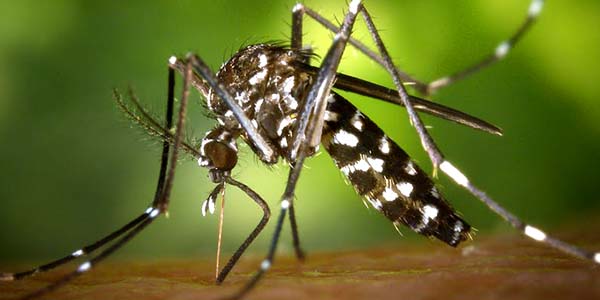Recent headlines are full of news on dengue.
[the_ad id=”13371″]
The national capital has recorded the highest number of cases since 2015, with total cases more than 5270. In the wake of current COVID-19 pandemic, when we all fear fever, the news is all the more alarming.
In order to prevent and tackle this menace of dengue fever we need more awareness around it.
What is Dengue?
Dengue is a vector-borne viral infection. Vectors are insects and bugs that transmit infection to humans. Aedes mosquito is the vector for dengue fever. Dengue is also known as “break-bone fever” because it severely affects muscles and bones of the patient and causes intense pain. Four dengue viruses DEN-1, DEN-2, DEN-3, or DEN-4 are known to cause this disease.
What Causes spread of Dengue Fever?
The spread or transmission of the dengue virus occurs through an infected Aedes mosquito. The infection does not spread from person to person. It can spread only when an Aedes mosquito bites an infected person before biting someone else. Recently, several reports of two or more members of the same family affected by dengue have surfaced, which simply means that vectors are on rise. However, in COVID-19 pandemic, it raises suspicion for coronavirus infection.
More about Aedes
Aedes mosquitoes are the easiest to identify. They are black and have white/ silvery patches. They are most active in daytime, approximately two hours after sunrise and several hours before sunset. Areas around ankles and elbows are believed to be the vulnerable spots for Aedes mosquito bite.
Dengue: Symptoms
Typically, the symptoms start with a high-grade fever 4-7 days after infected mosquito bite. The classic dengue symptoms are:
- Severe joint and muscle pain
- Severe headaches
- High-grade fever (up to 105 F)
- Pain behind the eyes
- Red rashes all over the body
- Diarrhea, nausea, and vomiting
Dengue in children may present as fever with rashes. There are severe forms of dengue which cause internal bleeding (hemorrhage), which can be fatal. Monitoring platelet count is crucial in dengue fever.
Symptoms may be mild or severe mostly depending on the age of the patient. In some mild cases, symptoms may not show up at all in a patient. So, testing for dengue remains to be the only way of correctly diagnosing it.
Treatment
Dengue is a self-limiting viral disease and hence treatment is symptomatic. Rest, plenty of fluids, pain relief, with regular monitoring of symptoms and platelet count is the mainstay treatment. Hospitalization is required if platelet levels fall or in case of signs of internal bleeding such as bleeding gums, blood in urine/stools/vomitus, bleeding under the skin/bruise-like patches.
Prevention
As for any vector-borne disease, the best way to prevent dengue is to avoid mosquito bites. Wear loose, light-colored clothes and cover the most of your body. People actively use mosquito repellents around dusk; however, to prevent dengue, one must watch out in daytime too. Some other precautions to take include:
- Use mosquito repellents/nets/treated nets
- Make sure that there is no water stagnation (indoors and outdoors in your area)
- Keep your windows closed to prevent mosquitoes from entering
Source:

Dr. Mamta Lele- Pawara
(MD Ayurveda-Internal Medicine, CRAV-Kayachikitsa, MA Sanskrit)
